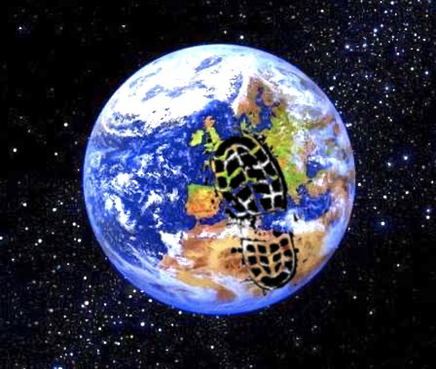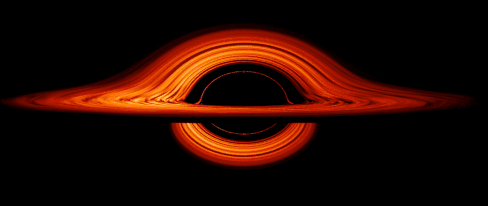|
LINK for Part 1 of On Spaceships and Saunas  Human nature has long been associated with pleasure, a powerful feeling capable of articulating body and soul, thus releasing mankind, even if momentarily, from its all-too-grounded existence on Earth, destined as it seems to endure a rather laborious, extenuating, survival oriented life. As we've reached the 21st century, any contemplation of a better world has been blatantly discouraged by the force of capitalism and the so-called Anthropocene. Indelibly marking the planet at current times, and acting as a new geological era signalling the exhaustion of life on Earth, this human phenomenon brings into question how the promiscuous entanglement between culture, technology and nature has utterly transformed our landscapes and lives, forging a second nature as artificial as the romantic projection of a first nature – or of what it had possibly been prior to civilisation. COVID – 19 is just one of the side effects of a runaway world, whose current features are as resembling of a sci-fi novel as they are of our innermost disquieting images of a collapsing future, depicted with the same curiosity and fear of extinction that propels humankind vertically towards the outer space, the Moon and beyond. In the midst of this not so brave new world, how could the overlapping spheres of angst, science and pleasure impact our minds and future? *** It's still soon to predict how the world will appear and operate in the near future. Philosophers and scientists alike argue that the current pandemics and climate atrocity has opened up The window of opportunity that could allow us to reshape the world, not only environmentally speaking but also politically on all levels: to slow down consumption, communication and capitalism; to (re) establish the welfare state; to expand democracy and consolidate democratic societies, which have been gradually fading in recent years (the US and Brazil to name but a few); to preserve the ozone layer, the Amazon and endangered species elsewhere; to nourish solidarity among nations and citizens; to enjoy a more fulfilling, frugal and pleasurable life; the list of wishes/demands goes on and on... For all we know, so far, not only life on the planet has been exposed in its extreme feebleness – to the extent of reaching a point of no return – but also the innermost human qualities have been put at stake, risking gradual loss of affection and therefore emotional numbness.  Simulated black hole. Credit: NASA’s Goddard Space Flight Center/Jeremy Schnittman Simulated black hole. Credit: NASA’s Goddard Space Flight Center/Jeremy Schnittman Humanity has been enduring dramatic shifts in its sensibility in the recent past. AIDS had already reframed sexuality in the 1980's, banning free sex from the world agenda and establishing caution as the common ground for all human sex interaction, while the Internet has virtually been separating individuals physically and therefore emotionally in an unforeseen fashion. In this increasingly aseptic world – at least, when it comes to human interaction – that nonetheless bears a tremendous virulent and filthy relationship towards nature, it remains to be seen if our civilisation will eventually be able to preserve not only saunas, sex and the human factor in all its diversity, but foremost the planet as a sustainable, democratic and pleasurable environment for generations to come, in the near and distant futures. Albeit this toxic atmosphere, it would be wise to keep Mars and the black holes as speculative research fields – even if we do manage to reach them in the flesh – and not the sole and only escape route of a sombre, drained and dangerous, ill-fated world. Since art and science operate as portals to the realm of fiction, allowing us to delve into the unknown – and perhaps to grasp reality in all its (lack of) plasticity –, the notions of invention and discovery become analogous, driving forces that help us shape both the present and the future through politics and imagination. Comments are closed.
|
Welcometo the InnovaSpace Knowledge Station Categories
All
|
InnovaSpace Ltd - Registered in England & Wales - No. 11323249
UK Office: 88 Tideslea Path, London, SE280LZ
Privacy Policy I Terms & Conditions
© 2024 InnovaSpace, All Rights Reserved
UK Office: 88 Tideslea Path, London, SE280LZ
Privacy Policy I Terms & Conditions
© 2024 InnovaSpace, All Rights Reserved

 RSS Feed
RSS Feed